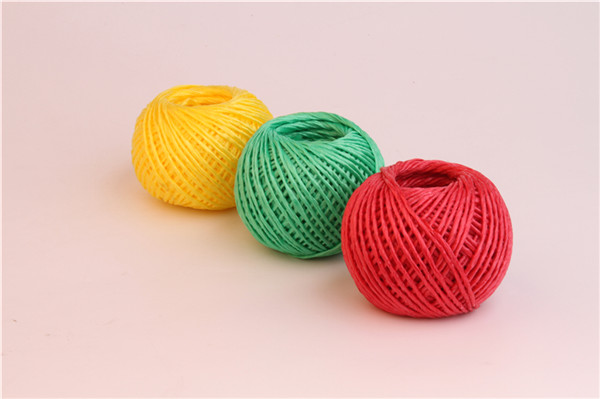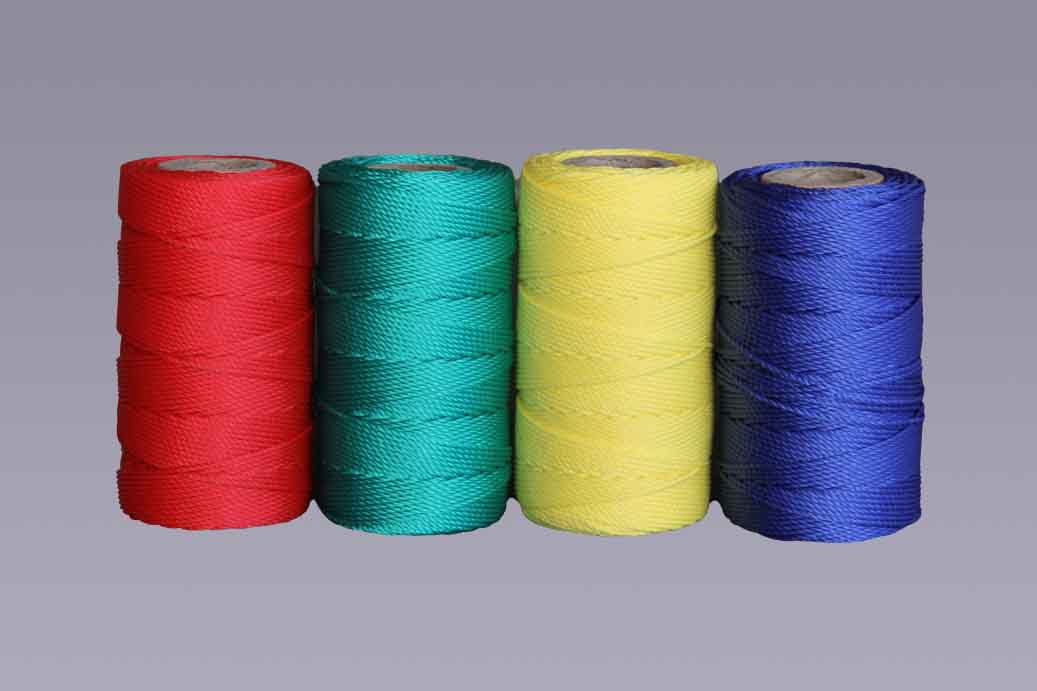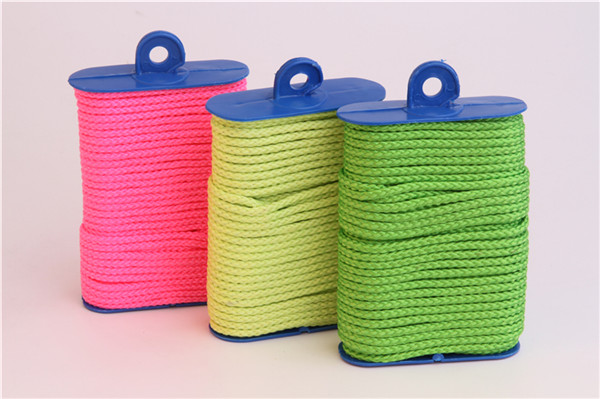Obstacles to Mass Applications Legal controls, policymakers, and consumer acceptance are seen as the largest when IEEE surveys asked respondents to rank the six hurdles that may arise in large-scale unmanned applications Resistance, while costs, infrastructure and technology are seen as secondary obstacles.
Chen Yaobin, IEEE senior member and Professor of Engineering and Technology at Purdue University and director of the Department of Electronics and Computer Engineering, said: "Anytime there is a technology that can fundamentally change our daily lives, we need to establish relevant laws and policies to ensure that this Technology is applied properly and benefits human beings, especially in the smart car arena. Once basic elements of legal regulation and policy are in place, technology and infrastructure will emerge, and smart cars will be more widely accepted "
Future Cars <br> As more automation is applied to automobiles, future automotive manufacturing will not require the use of today's common equipment. When asked which parts were to be removed from mass-produced cars in a particular year, most respondents did not expect rearview mirrors, horns and emergency brakes to disappear by 2030 and by 2035 throttle / brake Pedal will disappear. In addition, more than 75% of respondents said that during this time period, 50 states throughout the United States will pass laws that allow driverless cars to be used.
AlbertoBroggi, an IEEE member and professor of computer engineering at the University of Palma in Italy, said: "In the past few years we have witnessed the amazing development of the driverless car industry, with technological advances and the use of manufacturers significantly affecting consumer adoption schedules. With the vision of producing unmanned vehicles in the near future, the scientific community and car makers are working together to add automation to modern cars gradually, and whether the public trusts unmanned technology is crucial to the technology's widespread adoption. "
Dynamic Auto-Control Technology - Technology Advancement is a key driver in the continuous development of driverless vehicles. More than half (56%) of the respondents consider sensor technology to be the most critical, followed by software (48%), Advanced Assist Driving system (47%) and GPS (31%).
IEEE member, ChristophStiller, a professor at Karlsruhe Institute of Technology in Germany, said: "Driverless cars need stable road and environmental information flow to help them make the right decision, which is called perception. Sensors are the most important to improve situational awareness And one of the trusted technologies that make the sensor small, non-intrusive and provide reliable data, and the relatively low cost of sensor technology, which has a significant impact on the production of consumer-friendly, driverless vehicles. "
Like sensors, building digital road maps is a must for safe driving on unmanned roads. When we asked respondents to predict how long a complete global digital map would appear, nearly three-quarters (74%) of those surveyed thought the maps would appear in the next 15 years.
Unmanned vehicles landing in different regions <br> Although unmanned vehicles are a useful technology worldwide, most (54%) believe North America will benefit the most, and the top three include Europe ( 28%) and Asia (17%). (Chan Choi Yeon)
Twine
Product Features
Twine is a light string or strong thread composed of two or more smaller strands or yarns twisted, and then twisted together. More generally, the term can be applied to a cord, including Twist Twine, braid twine, baler twine and Fishing Twine.
Natural fibres used for making twineinclude cotton, sisal, jute. A variety of synthetic fibres are also used.
Product Application
Most products used in building, garden, fishing and agriculture.
|
|
|
|
Material |
Polyethylene, Polypropylene,Polyester,Nylon,Sisal,Jute |
|
Type |
Twist/Braid |
|
Structure |
1 ply/ 2 ply/ 3 ply/ 8 strands |
|
Diameter |
< 3mm |
|
Length |
As request |
|
Color |
As request |
|
Package |
Ball, Tube, Spool.... |
|
MOQ |
500 kg |




FAQ:
Q: How about payment terms?
A: 30% TT deposit + 70% TT against the B/L copy within 3 days.
Q.:What about the lead time?
A: We need 3-7 days to get the samples ready, for bulk goods, it will cost 15-60days,up to the quantity.
Twist Twine,Braid Twine,Baler Twine,Jute Twine
ROPENET GROUP CO.,LTD , https://www.cnparacord.com
